Something which is becoming a trend in the modern football nowadays is the non-stop buying and selling of footballers. Most of the world-class teams rely on purchasing players in their prime years or at best- buying a talented teenager who would cost them quite a lot of money as well. The best examples for this phenomenon are Real Madrid CF, Manchester City FC, Paris Saint-Germain F.C. as well as Juventus FC. Their behaviour on the market has influenced plenty of lower-tier clubs to do the same- some of them find success in this while others don’t. Nevertheless, teams that rely solely on their home-grown youth players is not a long-lost philosophy. Their main income is from selling academy graduates and whoever doesn’t place themselves well on the market, they stay at the team as much as needed or even retire as a club legend. This provides a healthy mixture of experienced players and talented youngsters. One of the most popular representatives of this ideology is the Spanish powerhouse Athletic Bilbao- since 1912 they have adopted a policy of allowing only players born in the Basque Country or who learned their football skills at a Basque club to play in their first squad. The motto of the Spanish club says it all: "Con cantera y afición, no hace falta importación" (with home-grown talent and local support, there's no need for imports). The Bulgarian equivalent of Athletic Bilbao is a football club which goes by the name of Slavia Sofia.
Everything started from the arrival of Ventsislav Stefanov- the current owner of the club. The last change of ownership happened back in 1995 when the club experienced financial difficulties. Ventsislav Stefanov, back then, is unknown to the football scene (previously founder of an insurance company) even though he was raised in the neighbourhood where the stadium of Slavia is situated. During the first year of his arrival, he managed to snap up one of the best Bulgarian footballers at that time, Nasko Sirakov, on a free transfer. His qualities had an immediate impact- Slavia went on to win the domestic double in the first year of Stefanov’s takeover. The use of youth academy became vital for Slavia in the mid-2000s until now. At that time, wealthy clubs such as CSKA Sofia, Levski Sofia as well as Ludogorets Razgrad, in recent times, discovered the ideology of the world-class teams, or in other words- purchasing foreign footballers for hefty transfer fees with experience in top leagues. Another philosophy, which was heavily exploited by the same football clubs, was to get foreign players on free transfers in hope of profiting from them in the future. This ultimately resulted in neglecting their youth academies. Slavia Sofia didn’t have the financial power to compete on that stage so their only option was to invest in their training facilities whilst attracting children in their academy offering them places in the main squad if they meet the expectations. Even though ‘The Whites’ demand high monthly fees (50lv per month [€25.5]) for being a member of their youth academy, the expenses for the equipment are all covered by the club (they could sometimes exceed 250 lv [€127]).
Progressing through the academy guarantees being free of paying these monthly fees. Ventsislav Stefanov also invests a lot of money in backroom staff- one of the best Bulgarian youth coaches and team coordinators could be found at this club. Another aspect of Slavia’s work is the fact people connected with the club always pay attention to other Bulgarian academies and make enquires for gifted and/or unsettled children. Examples for that are Andrea and Petko Hristov (previously at Levski Sofia), Georgi Yomov (previously at Levski Sofia), Mario Kirev (previously at Germaneya), Emil Stoev (previously at Septemvri Sofia), etc. Every player is important for the team because an individual could either be sold abroad or could stay at the club to become a club legend and help the youngsters. The reputation of Slavia as a team, which values their younger players, helps them attract European scouts who closely pay attention to their first team but even more importantly- their youth setups. This explains the early departures of Mario Kirev to Juventus F.C., Kaloyan Krastev to Bologna F.C. 1909, Petko Hristov to ACF Fiorentina, Stefan Velkov to FC Den Bosch as well as their latest outgoing transfer- Filip Krastev to Lommel SK (feeder club of Manchester City FC). These sorts of deals satisfy Slavia Sofia because they provide a lot of cash which goes straight into the academy and improving the training grounds. On the other hand, European teams gamble on these teenagers in hope of realising their potential and selling them for much more they have originally brought them in. Asked about what will happen with the money from Filip Krastev’s transfer, Stefanov explained:
‘Not a single euro will be laid away for our expenses. Everything will go into the infrastructure and our youth academy. Such transfer can cover the expenses of our football club for approximately a year. In the long run, however, we need to work on our facilities in order to have a bright future ahead.’
The way of functioning of Slavia Sofia and Athletic Bilbao is quite similar in many ways. Both teams are somewhat successful on the domestic scene despite not splashing the cash on players but instead relying on academy grown footballers. It is true that the Bulgarian club doesn’t have the same restrictions as the Spanish team but the motto is the same:
With home-grown talent and local support, there's no need for imports.
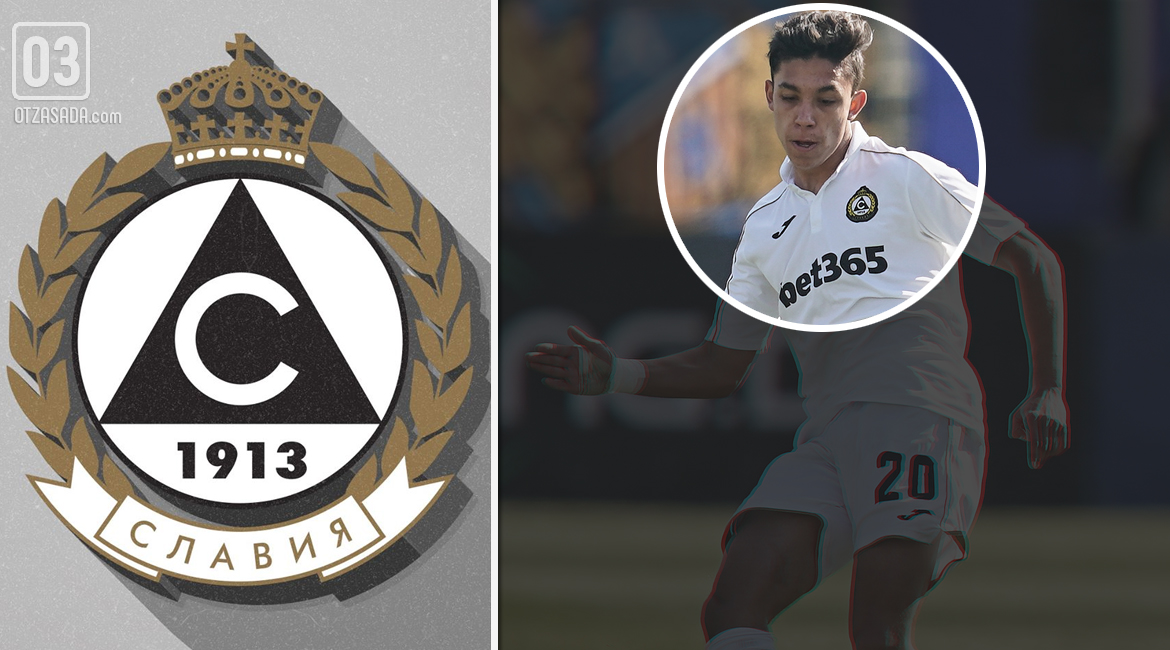




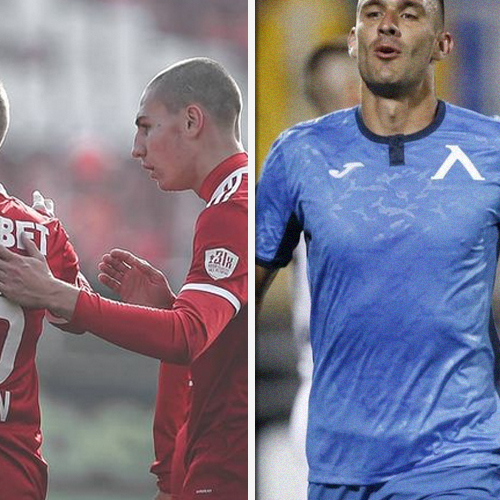
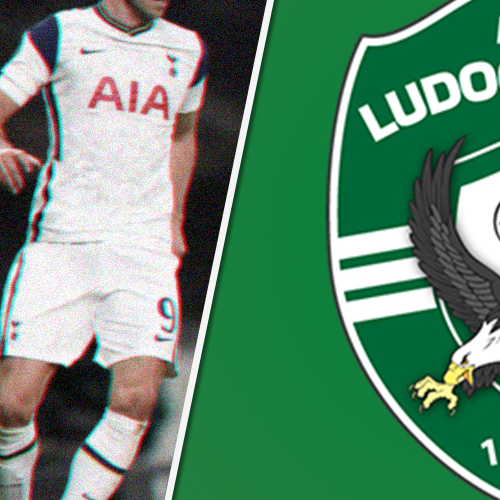
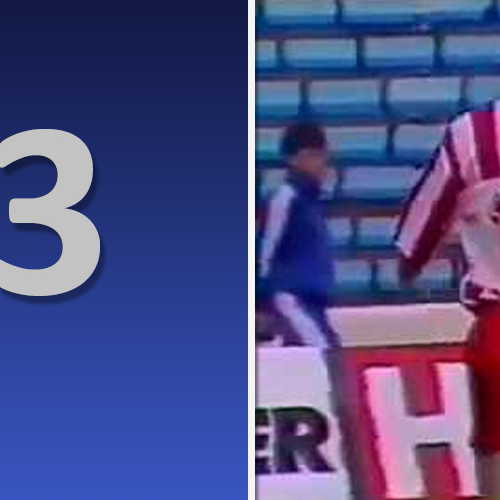
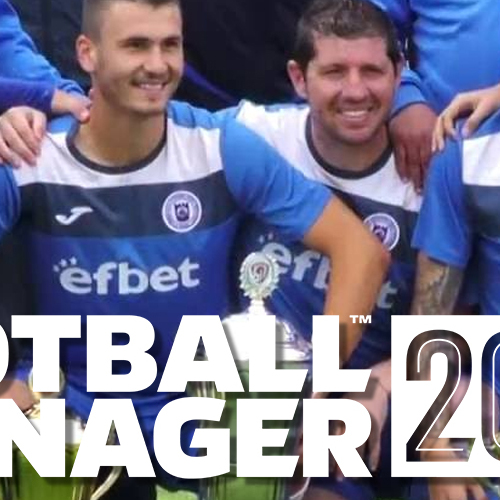




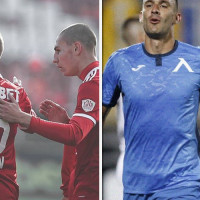
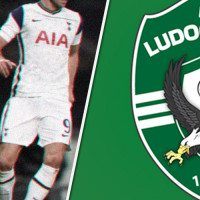
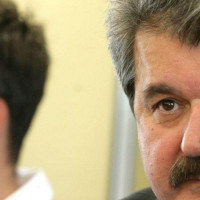
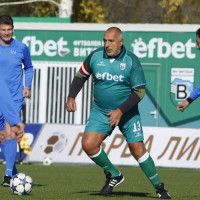
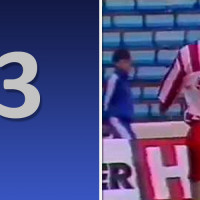
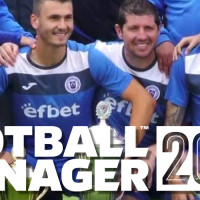
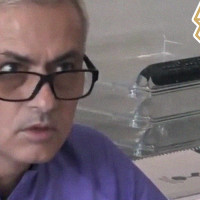
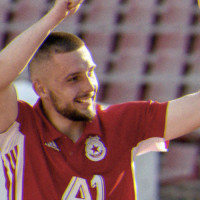
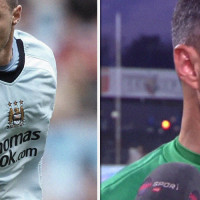
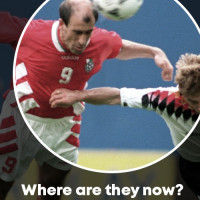
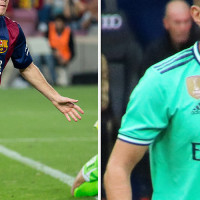
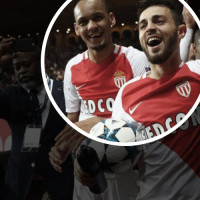

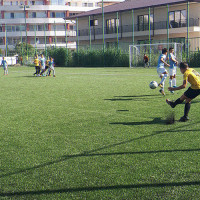
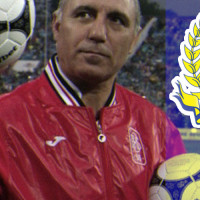
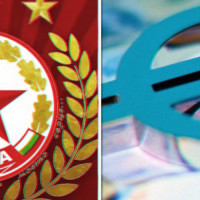
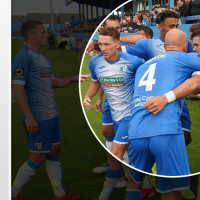
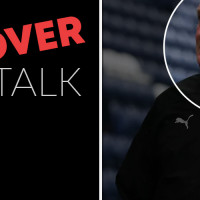
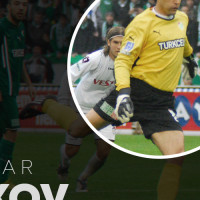
chap viagra viagra vs cialis cheap viagra online australia [urlhttp:genqpviag.com]viagra for women[url] ’
Отговори 0 0